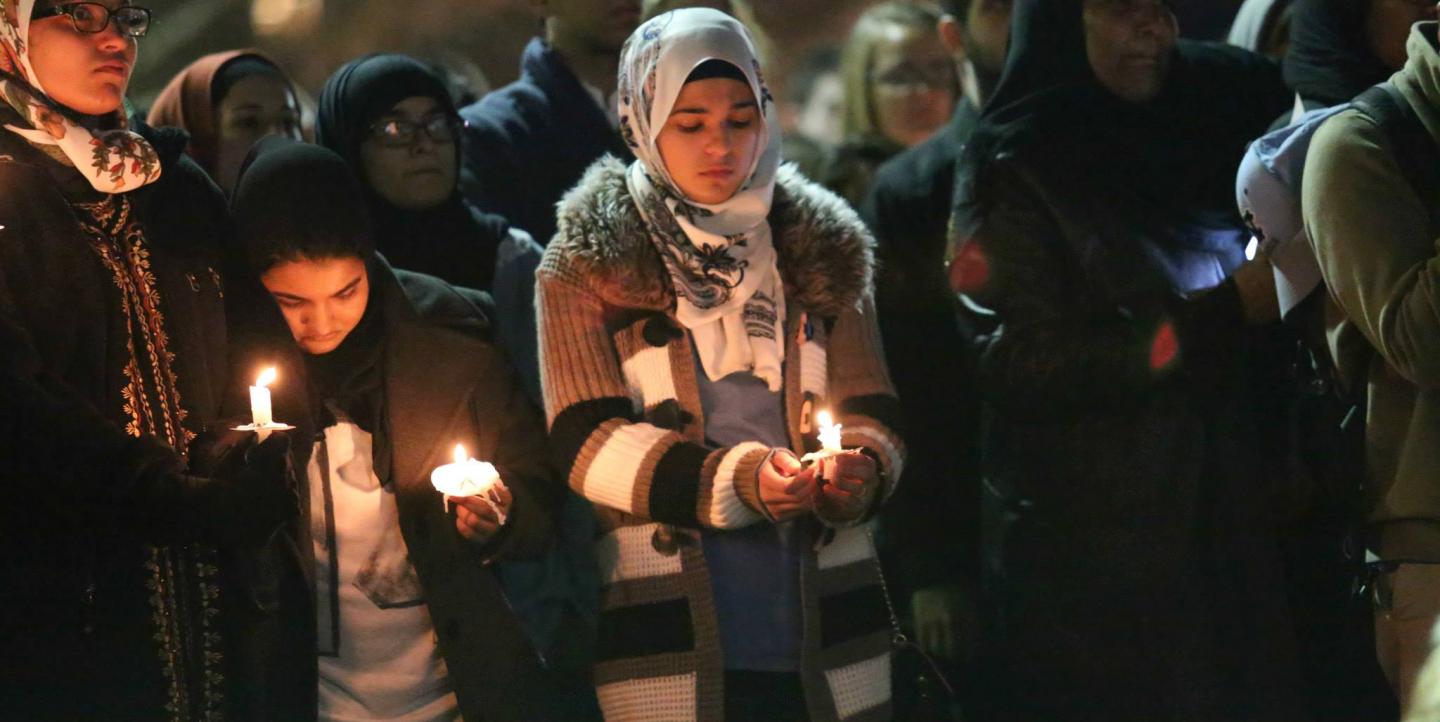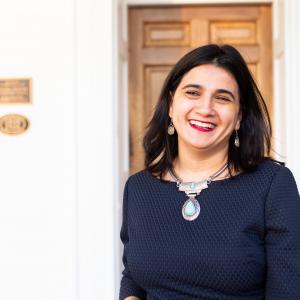The U.S. media faced a storm of criticism on Wednesday for how it covered the fatal shooting of three Muslim students in Chapel Hill, North Carolina, by a 46-year old man who identified himself as an “atheist."
Most of the criticism came from social media users who accused U.S. media of being slow to pick up the story, and for not giving it the prominence they thought it deserved.
The motive of the killing has not been confirmed yet, with family members of the victims insisting it was a hate crime because of the victims' religion, and the killer’s wife pointing out it was due to a “long-standing dispute over parking."
Hashtags like #chapelhillshooting and #muslimlivesmatter were trending worldwide on Twitter yesterday.
Dan Murphy, a staff writer at the Christian Science Monitor who was also based in the Middle East, argued that the U.S. media didn’t ignore the story and the reason it was slow in picking it up is because of the “news cycle,” as the story broke overnight.
The names of the victims (Deah Shaddy Barakat, 23; his wife, Yusor Mohammad, 21; and her sister, Razan Mohammad Abu-Salha, 19) “were not released until 3 a.m.,” he said.
“I was at my computer by 7:30 a.m. and the story was everywhere I looked,” Murphy told IJNet.
For him, a story about people being a shot in an apartment in a small town wouldn’t grab journalists’ attention immediately due to the abundance of these crimes in the U.S. “Gun killings are not unusual in America," he said. "Journalists would have thought at first it was a domestic case, home invasion or drug related."
“Do you know what we call three people shot by a nut with a handgun in the United Sates?" he asked. "We call it Wednesday!”
He went on to say that in this specific case, “people [who are criticizing US media] are just seeing ghosts. They are seeing a problem that is not there.”
The U.S. media also came under fire for its overall coverage of Muslim issues.
Murphy agreed that U.S. and Western media are less fair to Muslim perpetrators who commit acts of violence. They are quicker to judge Muslim acts of violence as “acts of terrorism” than the violence done by others of different faiths.
Jackie Spinner, a former Washington Post correspondent who covered the Middle East told IJNet that “Muslims tend to be viewed by the Western media as a homogenous group. Non-Muslims who commit crimes are allowed to act alone, isolated in their beliefs.”
Spinner, who now teaches international reporting at Columbia College Chicago, said this bias dehumanizes Muslims living in America, making it hard for them to trust reporting on their communities.
But Spinner said it’s not fair to say the media ignored the story. All of the major media outlets have reported on the murders—and did so within 12 hours.
The bigger issue will be how both the victims and alleged killer are portrayed as the story develops, she said.
“There is a stereotype about Muslims that the media help perpetuate,” Spinner said. “We need to have an honest dialogue about this as journalists instead of dismissing it as the grumbling of a disaffected group, which is what often happens when Muslims complain about coverage of Islam in the media.”
Asked about practical tips for journalists covering the story, Spinner said "take note of language, understand that the perception of bias is there, and be careful about word choice. Don't portray American Muslims as 'the other.'"
Image provided by The University of North Carolina at Chapel Hill and used here with permission.


